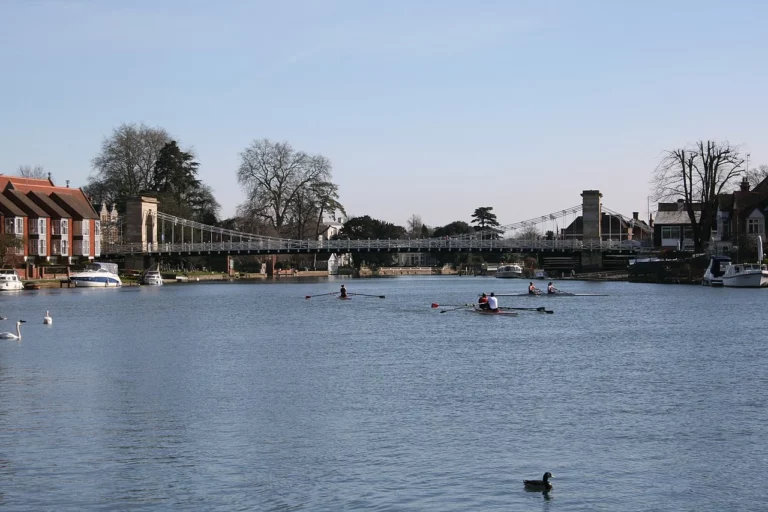United Kingdom
PHOTOS: Budapest’s emblematic Chain Bridge’s twin found in England

British PM Starmer: Hungary to host next EPC summit

PM Orbán went on vacation to Croatia and awaits Trump and Putin there

Flat racing: Revisiting the 2024 British Classics thus far

Changes in the UK Family Visa for Hungarian Immigrants: What Has Changed in 2024, and How is it Affecting the Immigration Process?

Plane makes emergency landing in Budapest due to two serious incidents

Hellotickets: Budapest among Europe’s summer no-go zones!

Hungarians’ exodus number at historic high, jobless rate at negative peak!

UK Ambassador to Hungary Paul Fox about King Charles III, Brexit, Ukraine war and many more – Interview

Special opportunity: Try Queen Elizabeth II’s royal meal at the iconic Gundel Palace in Budapest

Heated debates expected by Orbán cabinet at NATO foreign ministers’ informal meeting on Friday

Hungary Ranks as the Easiest Nation to Move to, and Brits Know it

Massive debt: Hungarian Embassy owes millions of pounds to London

Huge honour: Yale University confers honorary degree on Hungarian computer scientist

Putin-Orbán friendship: British generals shared Hungary’s disgraceful role after a Russian attack against NATO

Romanian predator brutally battered 20-year-old Hungarian girl to death!

Superb: New flight from Budapest announced to a Western European metropolis

Princess Diana visited Budapest 34 years ago – but could not buy a souvenir?





 ZH
ZH IT
IT DE
DE HR
HR NL
NL FR
FR JA
JA RO
RO RU
RU ES
ES TR
TR
